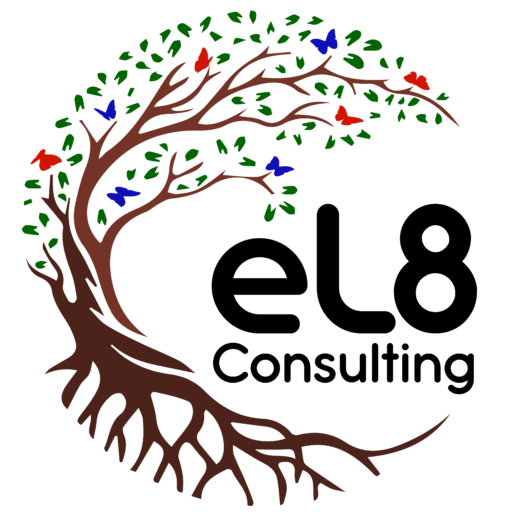Performing whilst Transforming
Performing whilst Transforming


We are  ...ELATE
...ELATE



Our Vision

Talent is Revenue

Continual Learning enables Growth

AI drives Talent Transformation
Competency Framework
Defining career tracks, career levels, job families, and core responsibilities
Integrated to enable cross-skilling, reskilling and upskilling across all job families in the framework
Identifying Competencies and skills required for every role in the career framework.
Role based skilling programs and learning development plan based on skill gap analysis.
Read our success story to find the happiness


Avg rating 4.9

Get In Touch With Us
Error: Contact form not found.
We’re here to assist you with exploring protection.
? Why is talent development important for an organization?
Talent development is crucial as it enhances skills, boosts productivity, and fosters innovation, ultimately providing a competitive advantage and contributing to long-term success.
? How to meet the learning appetite of my employees?
To meet the learning appetite of employees, customize individual learning paths, offer diverse modalities like workshops and online resources, promote a continuous learning culture, and align training with career development. Utilize technology wisely, provide accessible learning resources, and gather feedback for ongoing improvements. Foster leadership support, encourage flexible scheduling, and regularly update content to keep learning relevant and engaging. These strategies create an environment that caters to diverse learning preferences and contributes to continuous improvement within the organization.
? How to make talent development an organisational culture?
To embed talent development into organizational culture, leadership commitment is vital, aligning goals with company values and integrating learning into performance management. Provide diverse learning opportunities, resources, and tools, fostering a culture of continuous improvement, and encourage accountability and feedback for ongoing enhancement. Lead by example, showcasing the importance of lifelong learning to create a dynamic and adaptive work environment.
? What role does leadership play in fostering talent development?
Leadership is pivotal in demonstrating commitment to talent development, leading by example through personal involvement in learning, and integrating development goals into the organization’s overall strategic vision.






